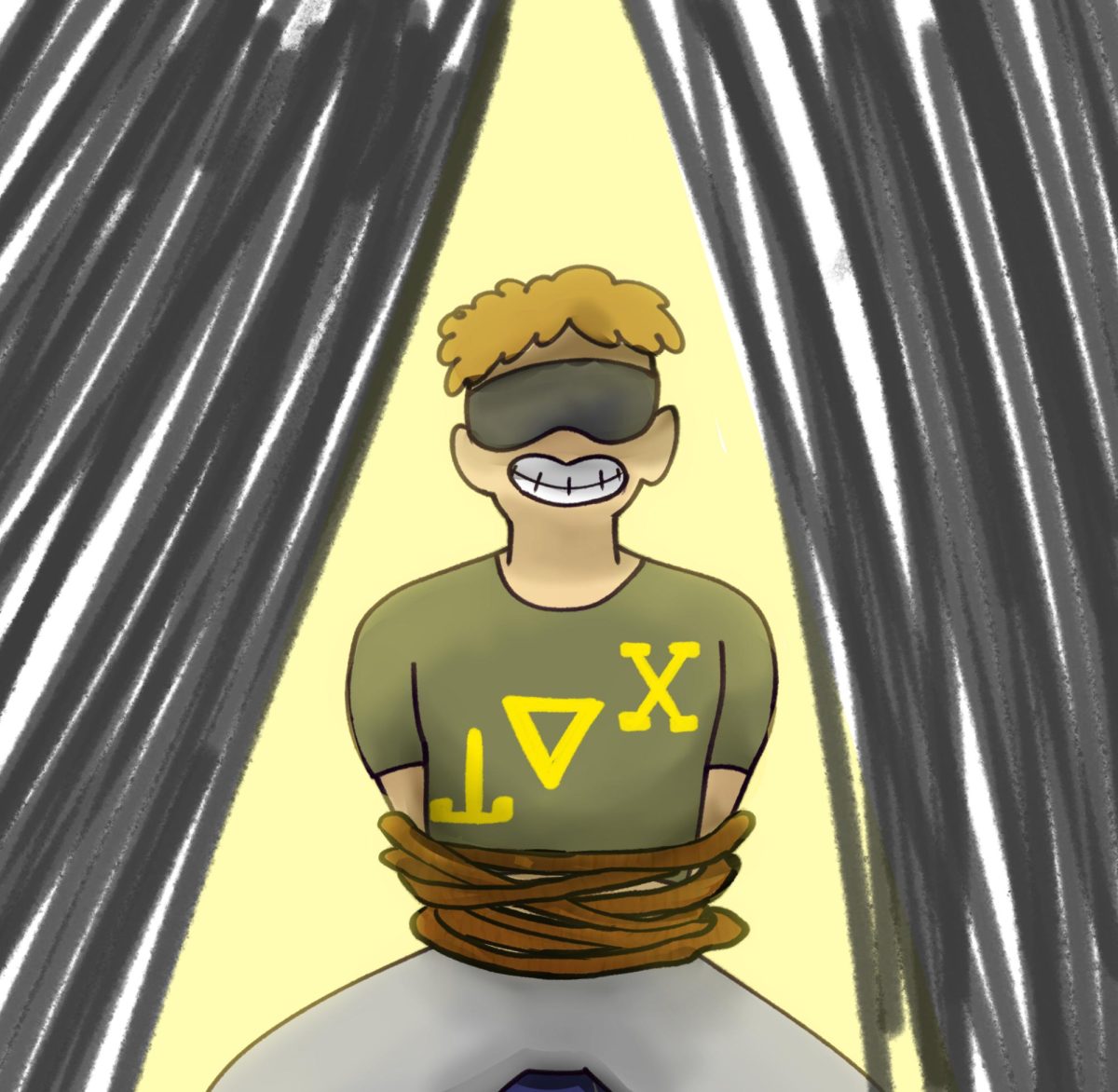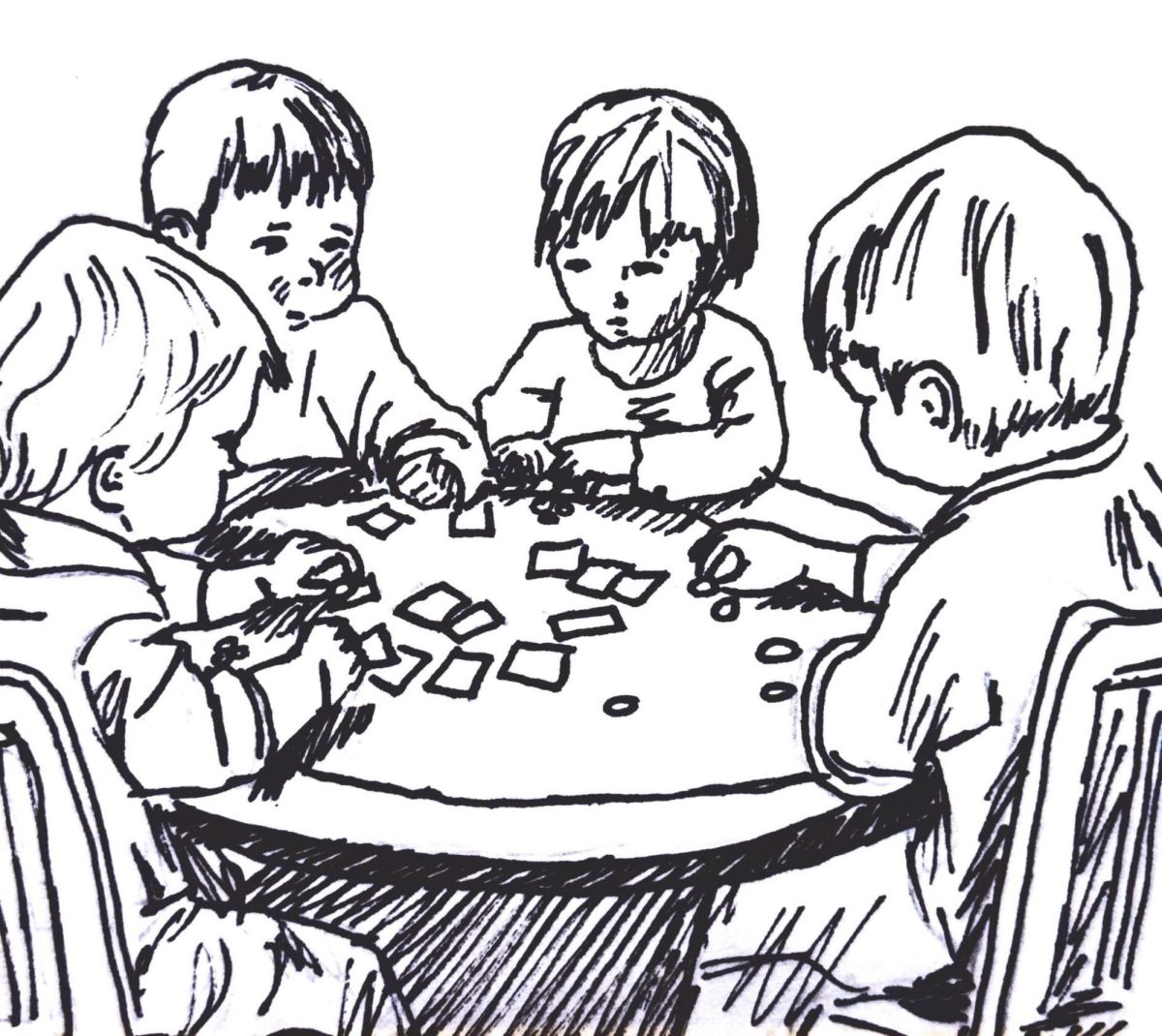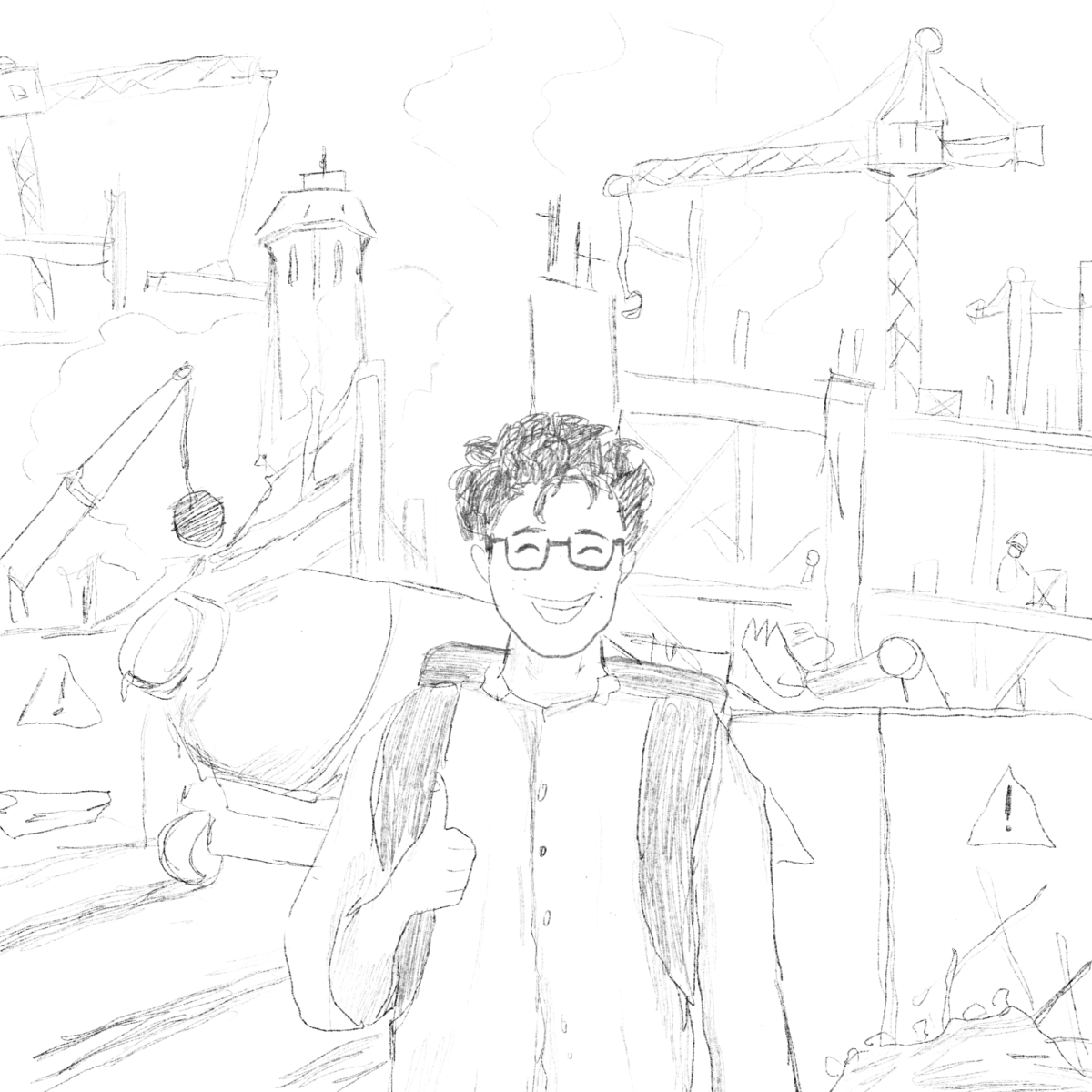On April 2, the Young Conservatives of Texas Trinity University chapter hosted Olivia Krolczyk, an ambassador of the Riley Gaines Center at the Leadership Institute. Like Gaines, Krolczyk is touring college campuses nationwide and presenting a speech titled “The Fight is Far From Over: Defending Free Speech and Women’s Sports.”
The last time I wrote about a speaker from the Riley Gaines Center, it was about Riley Gaines herself. In that article, I argued that Gaines’ message was transphobic, but more importantly, I argued that the delivery of her speech discredited her and her message. Olivia Krolczyk’s speech was also transphobic and poorly executed; however, her speech failed not only because her content was hateful and alienating, but because this language contradicted her argument that free speech is imperative on college campuses by preventing a key aspect of this argument from occurring: productive dialogue and debate. For this reason, my critiques of this event extend beyond Krolczyk herself — the blatant hatred present in this presentation makes me question if YCT at Trinity truly value conversation between students on campus.
Upon entering Krolczyk’s event, my mindset was far different than it had been upon entering Gaines’. My perspective on “Take Back Title IX” was arguably unique because I am a collegiate swimmer who identifies as non-binary, and for this same reason, the issue is also very personal to me. Krolczyk being a representative of the same transphobic organization, I protested her event, but I was also genuinely curious about what she had to say about free speech. Was this something we could agree on?
It is first important to establish that Krolczyk’s speech mirrored Gaines’ almost to a tee. She began by telling us the reason she felt compelled to bravely stand on that stage, a reason which felt even less significant than Gaines’. Krolczyk then described a recent event where she was held hostage by protestors at the University of Washington. Of course, Krolczyk had a lot to say about the LGBTQ+ community, from gesturing air quotes when using the term “trans women,” to calling protestors at the University of Washington “blue-haired freaks.”
Krolczyk’s message about free speech was overshadowed by bigoted language and the exhausted structure of the presentation. However, there was one thing she said that captured my attention. She stated, “if we can’t have free speech or debate on our college campuses, then we have undermined the entire integrity of our educational system.” While this was the common ground I had been hoping for, it didn’t fit in with the rest of her speech.
In fact, it doesn’t fit in with any aspect of her platform. There is no way that anyone could sit in that room, or look at her social media or interviews and feel that Krolczyk wants to promote healthy debate. She approaches discussion with language ridiculing and invalidating anyone who does not identify as white, cisgender, able-bodied and straight. It is difficult for us to listen because of this language and because her main purpose seems not to be encouraging free speech, but attacking us as human beings. The moment she used the word “freaks,” I began to have difficulty trying to understand her message. Krolczyk’s Instagram uses even more potent language. For example, on March 13, Krolczyk posted an Instagram reel with the words “Bring back mental institutions and insane asylums for the liberals,” adding a “sound” that mocks different gender identities, racial identities and mental health conditions. I struggle to believe that if Krolczyk wanted to engage with the other side, she would alienate them by speaking like this. I asked Krolczyk at the end of the presentation: Do you think that you could reach an entirely different audience if you approached these topics more compassionately? Is there a better way to foster productive dialogue? She stated that coming to schools is her way of having this conversation. I also asked where she draws the line between hate speech and protected free speech, and she suggested that hate speech is free speech and that it should be protected as such.
I was surprised that YCT hosted anyone from the Riley Gaines Center after Riley Gaines’ speech, given that Gaines attacked both members of the audience and Trinity as an institution. For that reason, I wondered why they would choose another polarizing speaker that would undoubtedly upset a large population at Trinity. Through an Instagram story, YCT at Trinity publicly asserted that the left is intolerant. The problem with this argument is that YCT brings speakers to campus whose intent is to elicit anger, who videotape protesters to post on social media in order to monetize it. Even if YCT truly believes in the importance of “the exchange of ideas . . . [and] learning something new” (YCT Instagram), the representatives they choose as spokespeople certainly do not.
I conclude this with a request. I urge YCT at Trinity to prove that it cares about productive debate and inquiry and give us the chance to talk to and understand one another. The moments in which it is most difficult to have a conversation are the most crucial moments to try.







Emma P. • Apr 11, 2025 at 11:44 am
Yes to all of this!! This is a great response to her speech and her messaging.